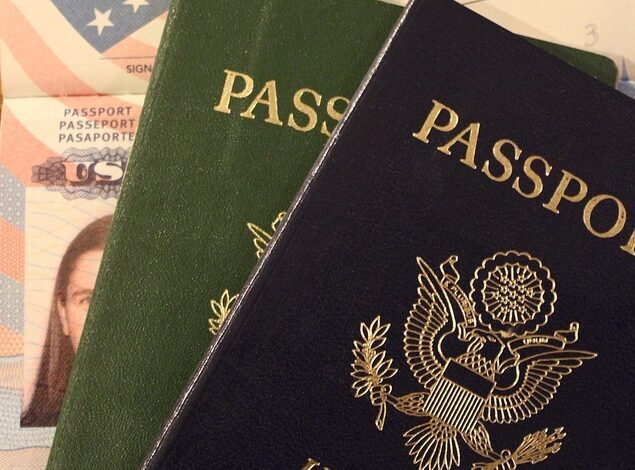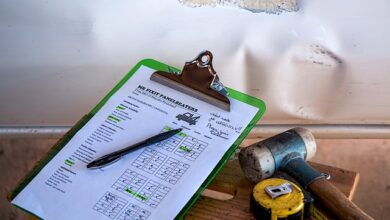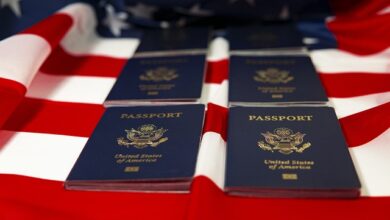Dutch Dual Citizenship: Rules and Restrictions

The concept of dual citizenship, or holding citizenship in more than one country, has become increasingly common in today’s globalized world. However, each country has its own rules and regulations regarding dual nationality. The Netherlands, known for its progressive policies in many areas, has specific guidelines when it comes to dual citizenship. This article delves into the rules and restrictions surrounding Dutch dual citizenship, providing clarity for those interested in acquiring or maintaining dual nationality with the Netherlands.
Overview of Dutch Citizenship
Before discussing dual citizenship, it’s important to understand how Dutch citizenship is acquired. There are several ways to become a Dutch citizen:
- Birth : A child born to at least one Dutch parent automatically acquires Dutch citizenship.
- Naturalization : Non-Dutch individuals can apply for citizenship through naturalization after meeting certain residency and integration requirements.
- Option Procedure : Certain individuals, such as former Dutch citizens or children adopted by Dutch parents, may qualify for citizenship via an option procedure.
- Marriage/Partnership : While marriage alone does not grant citizenship, it can facilitate the naturalization process under specific conditions.
The Dutch Approach to Dual Citizenship
Historically, the Netherlands did not allow dual citizenship except in very limited circumstances. However, over the years, the policy has evolved to accommodate changing international dynamics. As of 2021, the Dutch government allows dual citizenship in certain situations, but strict rules apply.
When Dual Citizenship is Allowed
Dual citizenship is permitted in the following cases:
- Automatic Acquisition : If you acquire Dutch citizenship through birth or adoption, you do not need to renounce your original citizenship.
- Naturalization with Exception : In some cases, individuals who naturalize as Dutch citizens may retain their previous citizenship if:
- They cannot legally renounce their original citizenship (e.g., due to age, disability, or laws in their home country).
- They hold citizenship of another EU country, Norway, or Switzerland.
- They have lived abroad for at least ten years before applying for Dutch citizenship.
- Retaining Dutch Citizenship Abroad : If a Dutch citizen acquires another nationality voluntarily, they may retain their Dutch citizenship if:
- They live outside the Netherlands.
- They meet specific conditions, such as having strong ties to the Netherlands (e.g., owning property or maintaining family connections).
- Children of Dutch Citizens : Children born to Dutch parents abroad often retain dual citizenship until adulthood, provided they fulfill necessary legal obligations.
Restrictions on Dual Citizenship
Despite the allowance for dual citizenship in certain scenarios, there are significant restrictions that applicants should be aware of:
- Loss of Dutch Citizenship : If a Dutch citizen voluntarily acquires another nationality while residing in the Netherlands, they risk losing their Dutch citizenship unless they obtain prior permission from the Dutch authorities.
- Renunciation Requirement : For most applicants seeking Dutch citizenship through naturalization, the Dutch government requires them to renounce their previous citizenship. Exceptions exist only in the cases outlined above.
- No Automatic Recognition : Even if you hold dual citizenship, the Dutch government may not always recognize your other nationality, especially in legal or diplomatic contexts.
- Military Obligations : Holding dual citizenship could lead to complications if one of the countries requires mandatory military service, as this might conflict with Dutch law.
- Tax Implications : Dual citizens must comply with tax laws in both countries, which could result in double taxation unless bilateral agreements are in place.
Applying for Dutch Citizenship
If you’re considering applying for Dutch citizenship, here are the key steps and requirements:
- Residency : You must have legally resided in the Netherlands for at least five years (or three years if married to a Dutch citizen) before applying for naturalization.
- Integration Exam : Pass the Dutch integration exam, which tests knowledge of the Dutch language, culture, and society.
- Good Character : Demonstrate good conduct by providing proof of no criminal record.
- Financial Stability : Show evidence of financial independence, such as employment or sufficient savings.
- Renunciation Declaration : Submit a declaration stating whether you will renounce your current citizenship upon becoming Dutch. Failure to do so may lead to denial of your application unless exemptions apply.
Challenges and Considerations
While dual citizenship offers benefits such as increased mobility and access to multiple social systems, it also presents challenges:
- Complex Legal Frameworks : Navigating the laws of two countries can be complicated, particularly concerning taxes, healthcare, and inheritance.
- Dual Loyalty : Some people may feel conflicted about balancing allegiances to two nations.
- Administrative Burden : Maintaining dual citizenship involves keeping track of documentation and compliance with both countries’ regulations.



